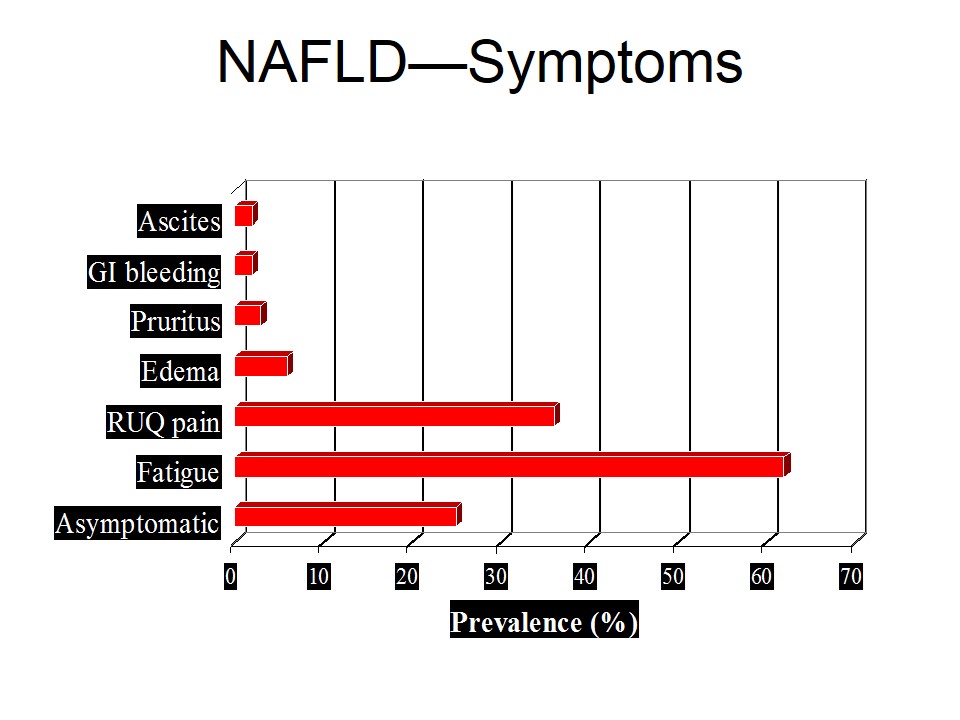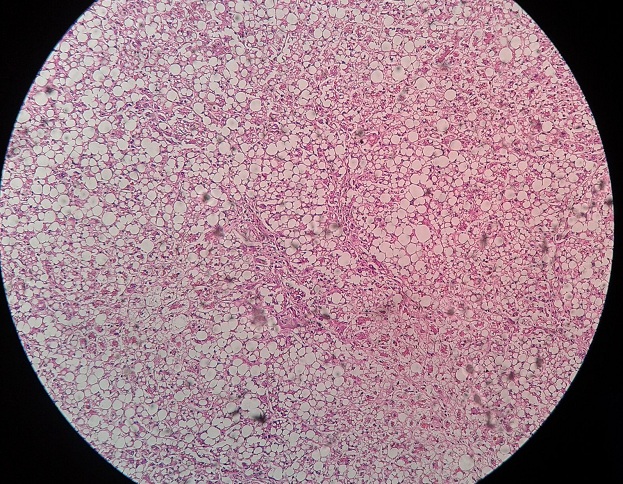Early monitoring of markers may be useful to determine reperfusion success in patients receiving thrombolytic therapy.
The complete opening of diseased coronary arteries is an important therapeutic goal during the early hours after an acute myocardial infarction.
Markers may assist clinicians in patient-management strategies.
In the early hours, successful reperfusion is characterized by a rapid increase of markers and an early peak.
Frequent blood sampling is combined with rapid analysis of a marker of myocardial injury.
A rapid increase of serum CK-MB, myoglobin, cTnT and cTnl have high sensitivities to predict successful reperfusion.
In addition, numerous studies are now appearing in the literature that demonstrate and validate the use of cardiac troponin-monitoring to detect myocardial injury and determine the risk in non AMI and non-ACS individuals.
These pathological processes include
- Myocarditis
- Congestive heart failure
- Cardiac contusion
- Chronic renal disease
- Stroke
 howMed Know Yourself
howMed Know Yourself




